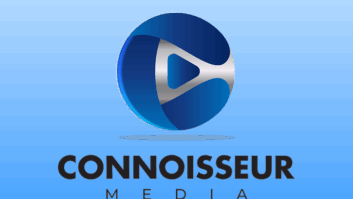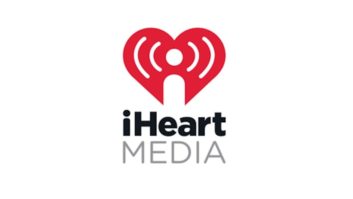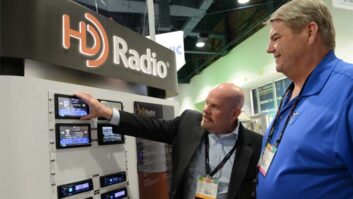Digital Radio Mondiale was hoping that the Federal Communications Commission would consider allowing its technology as an all-digital option for AM stations in the United States, along with HD Radio. But the FCC disappointed it.
In its order allowing AM stations the option to turn off their analog and broadcast the MA-3 mode of HD Radio, the commission noted the interest in “alternative technologies.”
“Many commenters agree that all-digital AM broadcasting should be allowed but object to HD Radio as the sole authorized transmission technology,” it wrote.
“Specifically, commenters urge us to consider the Digital Radio Mondiale all-digital transmission technology on the grounds that it: (1) offers equal or better sound quality to HD Radio at lower bitrates; (2) can transmit metadata as well as emergency alerts, multicast subchannels, and a data channel; (3) is energy- and spectrum-efficient; (4) uses a superior audio codec; (5) is not susceptible to interference; (6) is not owned or controlled by a single company; and (7) has been used successfully in other countries and is the approved technology for shortwave broadcasting in the United States.”
But the FCC said the request was “beyond the scope of this proceeding.”
It said it needed to move expeditiously on this all-digital proposal; and that if parties believe that it should re-evaluate HD Radio and consider alternative technologies, “we would need to evaluate a fully developed proposal including data such as laboratory and field testing, similar to the petition for rulemaking that formed the basis of this proceeding.”
In the absence of data regarding DRM performance in the U.S. AM band, the FCC said it cannot evaluate its merits based just on assertions of its proponents.
“In the present proceeding, we authorize all-digital HD Radio operations now for the same reasons the commission authorized hybrid HD Radio operations in 2002: it is currently the only ‘feasible, near-term digital technology option’ before us and the adoption will ‘provide regulatory clarity and … compress the timeframe for finalizing the rules and policies that will affect the ultimate success of this service.”
However the commission said this does not foreclose future consideration of alternative transmission technologies.
[Related: “Takeaways From the AM Digital Order”]







